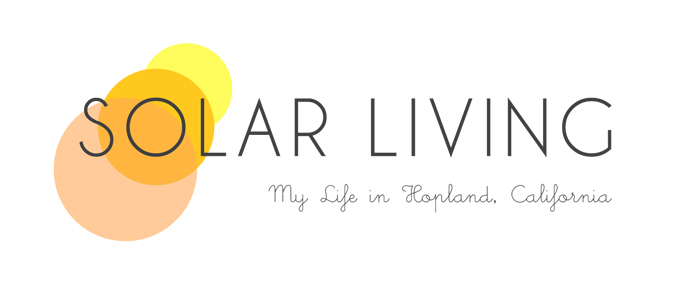
Since I haven’t written about anything policy-related yet, I would like to profile an exciting new initiative that we’ll be launching next week at the Solar Living Institute. First off, I get very excited about the prospect of using renewable energy to fulfill social policy objectives. There are a number of reasons why I am drawn to renewable energy, most of which have to do with economic and environmental issues. But with the right mix of idealism and pragmatism, I believe that renewable energy can also be a powerful social policy tool by reducing utility bills, contributing to a healthier and cleaner local environment, and functioning as a source of community building and empowerment – all of which have important effects on overall quality of life. With this in mind, I am thrilled that the SLI is participating in a new project called Solar for All California, which will train a group of 18 displaced and unemployed individuals (50% from local aboriginal groups) to install 3 kW solar PV systems on 150 low-income single family homes.
The project is being coordinated by North Coast Energy Services (NCES), the LIHEAP (i.e. Low Income Home Energy Assistance Program) provider for seven counties in Northern California – and includes a collaborative team of local governments, solar companies, non-profits, economic development organizations, and local aboriginal groups. The SLI is providing the training and certification for the 18 individuals selected for the installation component, and Real Goods Solar (SLI’s partner company) will be installing the systems and hiring the trainees as full-time employees after project completion. Funding for the project came from the Department of Community Services and Development, State of California.
In addition to the socio-economic benefits associated with the project, the solar installations (and some weatherization measures) are expected to generate a 50-90% reduction in energy consumption per household, and result in a carbon emission reduction equivalent to removing 3300 cars from the road!

You are on a tear. Well done.
ReplyDeleteAnd to think, we are having a hard time trying to get approval to put insulation in some low income households. Training unemployed people to install PV on their households...what a forward thinking society.
ReplyDelete